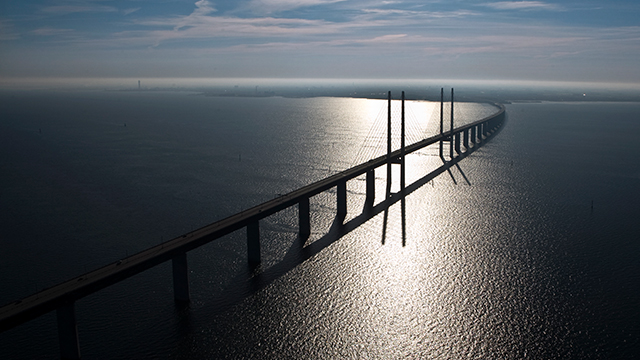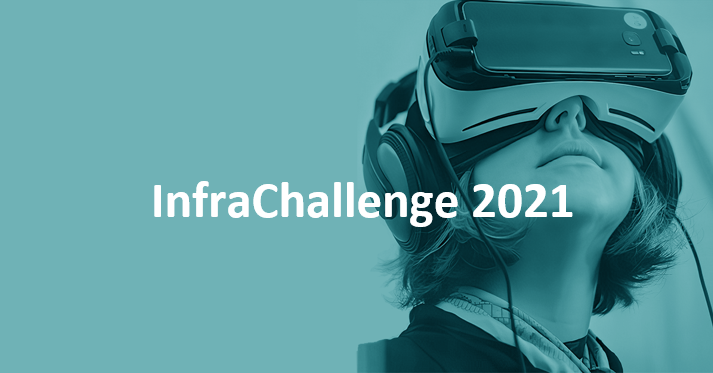672 results found
Featured results



More results
David Baxter discusses how climate change and COVID-19 reveals an urgent need for resilient infrastructure.
Discover how you can get involved with InfraChallenge 2021, applications close 12 March.
The Global Infrastructure Hub (GI Hub) strives to be an organisation where the different backgrounds and perspectives of our people contribute to diversity of thought and approach, enabling us to better live our values and achieve our mission. This diversity includes gender diversity with an awareness of our particular ability to bring attention to the need for gender equality and inclusion in infrastructure.

On average, around 40% of the primary infrastructure transactions that involve private sector participation also involve a public institution. However, this varies by income group.


Policy and regulatory implications of recent advances in the benchmarking of infrastructure investments.
As stimulus spending ramps up, a ten-year trend study shows private investment in new infrastructure has declined since 2010.
A recent webinar co-hosted by Jacobs and the Global Infrastructure Hub focused on turning inclusivity frameworks into practical results in infrastructure planning and delivery.
Cross-border infrastructure is essential for connectivity. The GI Hub has created a reference guide that presents key learnings and global practices for successful cross-border projects, drawing from a comprehensive literature review, analysis of case studies and the input of international experts in cross-border projects.
The future of infrastructure mega-projects was explored recently by an international panel of experts in a webinar co-hosted by the Columbia University School of Professional Studies and Global Infrastructure Hub. The event took place as the global community begins looking towards a period of post-pandemic recovery and what the future of infrastructure may look like.
InfraChallenge is looking for practical and scalable tech-based ideas for building and maintaining better, more resilient infrastructure.
How can hospital PPPs learn from the past to adapt for a post-COVID world?
Cost SAR 50 Million The project is fully funded by the government
Mountainous area prone to natural hazards and the impacts of climate change and growing demand for basic infrastructure services due to population growth.
Parties involved: EBRD, European Union (?EU?), Kyrgyz Republic, Isfana City (the ?City?) and Municipal Enterprise Isfana Taza Suu (the ?Company?)
Parties involved (public and private): The cities of Pavlodar and Taraz, respective regional governments and consortium of Everlight Electronics Ltd (Taiwan), LLP A3 Commerce and LLP Altocom Asia (both ? Kazakhstan).
The total project cost is approximately USD 750 million
A sovereign loan of EUR 5.5 million to Georgia and a capital grant of EUR 1.5 million from the Eastern Europe Energy Efficiency and Environment Partnership (?E5P?) is supporting the City of Batumi and its municipal bus company Batumi Autotransport LLC to improve and modernise bus operations
Two sovereign loans of up to EUR 107 million to Georgia (EUR 27 million and EUR 80 million respectively) and a capital grant of EUR 7 million from the Eastern Europe Energy Efficiency and Environment Partnership were provided to support the City of Tbilisi and its municipal bus company Tbilisi Transport Company LLC to improve and modernise the bus operations
Parties involved (public and private): Republic of Uzbekistan, National Electric Networks of Uzbekistan
Parties involved (public and private): Republic of Uzbekistan, JSC Talimarjon TPP, JSC Thermal Power Plant, ADB.








 Infrastructure Monitor 2020
Infrastructure Monitor 2020







